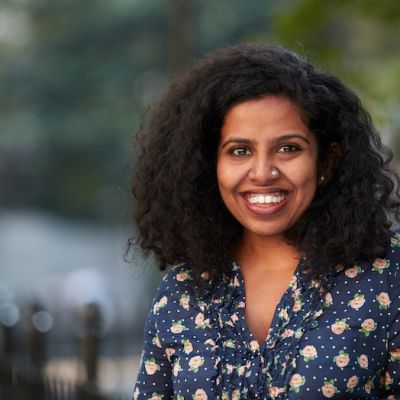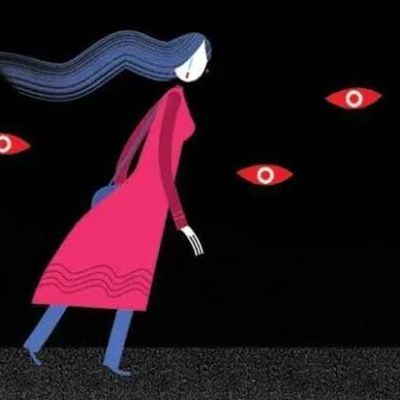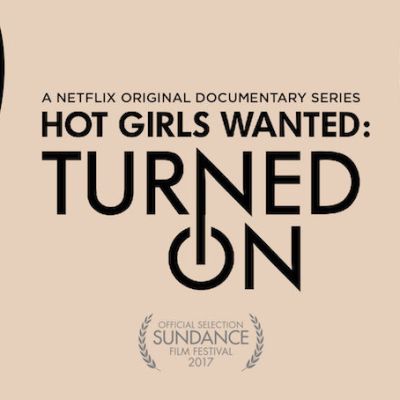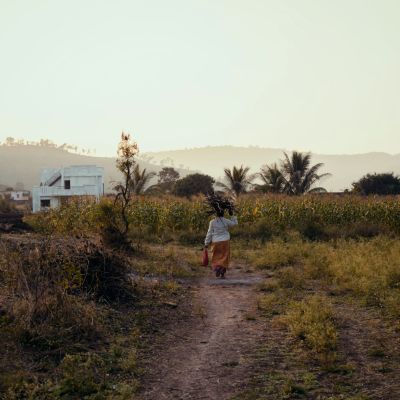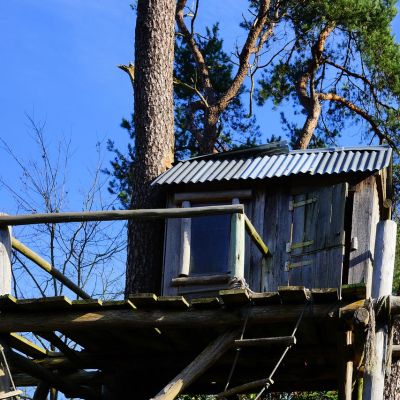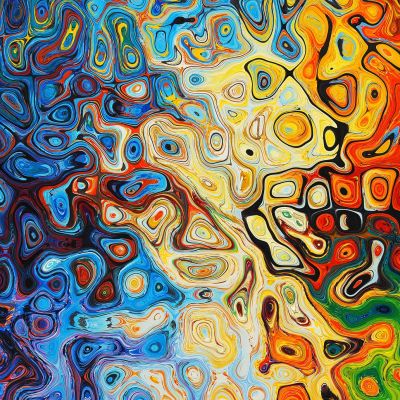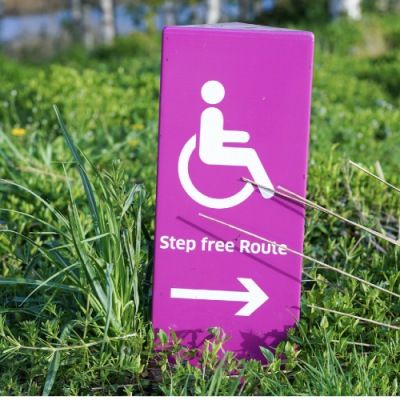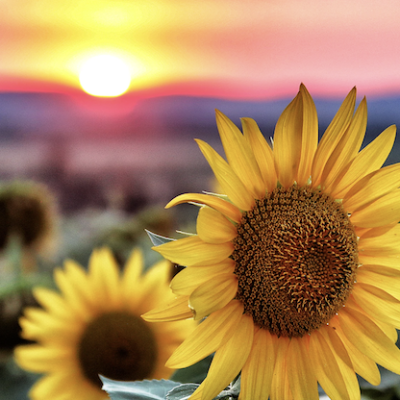Safety
Jasmine George is a TEDx speaker, lawyer, and a sexual and reproductive health advocate from India. She is the founder of Hidden Pockets and currently curates conversations around sexuality and other fields. She is passionate about using alternative means in law and technology to explore sexuality
I am a 25-year-old cis woman and I recently had sex with another woman for the first time. It was new, it felt nice, but it just didn’t feel safe.
The only thing this language achieves (and maybe it is also the goal), is to create enough panic so that women themselves police and restrict their own mobility and whereabouts, and keep themselves away from public spaces whenever possible.
The film Hot Girls Wanted followed the journey of five young women aged 18-25 years as they joined the pornography industry and also looked more broadly at at women in this age group and their motivation to join.
This movie had instantly called out to me because the book had made a huge impression many years ago when I was going through a Stephen King phase and consuming as many of his novels as I could. It is a story of resilience where a woman had to rescue herself from a dangerous situation of metaphorical and emotional bondage as well as the physical and sexual kind.
Frontline workers, often recruited from the communities organisations work with, face heightened risks to their health, safety, and wellbeing as their work extends beyond the walls of an office.
Safety and Sexuality… in these uncertain times of COVID-19 when most of the world is in some form or other of quarantine, safety has taken on a new meaning all together. People are encouraged to stay home, not step out unless absolutely necessary, practice social distancing, and so on. Is home the safest place to be? What about if home and family are where one feels least safe?
In our mid-month issue, we add context to our perceptions of and dealings with risk in our day-to-day lives. Collating and interpreting responses we received on a survey taken by small group of random individuals, Shikha Aleya looks at the transactions around risk foregrounded on the interplay of our location on the axes of gender and sexual identity, disability status, belief systems, and availability of support, amongst others.
In our mid-month issue Shilpa Phadke brings us an interesting mix of ideas woven from narratives of pleasure, danger, and resistance, among others, with regard to the digital streets of online spaces, and explores the conditions of possibility that will allow us to have fun in the online public space that is the Internet…
Both sexuality and disability are complex terrains, offering a realm of possibilities that are often made unnecessarily complicated and unattainable by the mental maps we draw of them and the artificial barriers we erect.
We envision SISA spaces as non-judgmental, inclusive, rights-based and affirming spaces wherein people’s sexuality, their identities, wellbeing, choices, desires and pleasure are respected.
Every Friday my organisation Red Dot Foundation hosts a SafeCircle, an online space for listening and for sharing experiences of…
In the spirit of the Games, I watched the Netflix film Rising Phoenix which documents the history of the Paralympics and its impact on the world in making visible the topic of disability. It also tracks the personal and professional journey of some of the top Paralympic athletes who share their challenges, frustrations and motivations.
Those who are rendered vulnerable due to their gender or sexuality, particularly those who are economically and socially disadvantaged (or less powerful) and lack the agency to speak up for themselves, are more prone to allegations, social ostracism and marginalization.
To ensure that important discussions about issues of sexuality can take place at home, in schools and between generations, efforts needs to be made to change the norms – especially those related to perceptions of safety. Individuals, institutions, organisations and policies need to work together to include safe spaces for reflections and opportunities for these discussions to become common practice.

